Daniel Aldana Cohen, Director
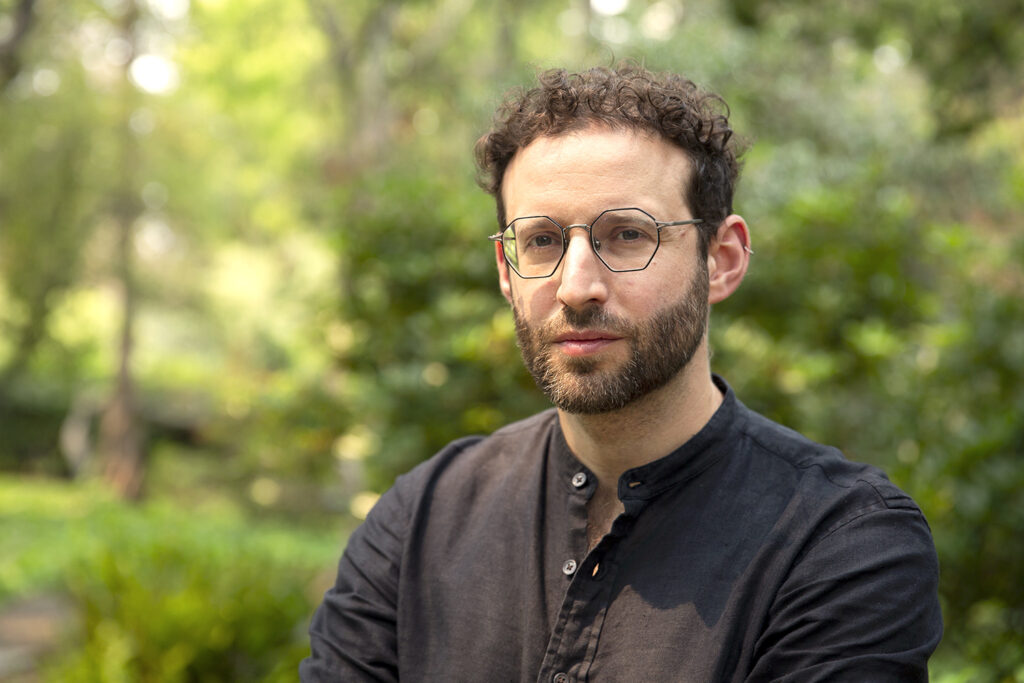
Daniel Aldana Cohen [@aldatweets] is Assistant Professor of Sociology at the University of California, Berkeley, where he is Director of the Socio-Spatial Climate Collaborative, or (SC)2, and serves as a faculty affiliate in the graduate program on Political Economy. He is also Founding Co-Director of the Climate and Community Project. He is a CIFAR Azrieli Global Scholar (2021-23). In 2018-19, he was a Member of the Institute for Advanced Study in Princeton, New Jersey. He is the co-author of A Planet to Win: Why We Need a Green Deal (Verso 2019). Cohen works on the intersections of the climate emergency, housing, political economy, social movements, and inequalities of race and class in the United States and Brazil. As Director of (SC)2, he is leading qualitative and quantitative research projects on Whole Community Climate Mapping, green political economy, and eco-apartheid. Cohen’s research and writing have appeared in Nature; Environmental Politics; Public Culture; The International Journal of Urban and Regional Research; City: Analysis of Urban Change, Theory, Action; NACLA Report on the Americas; The Century Foundation; The Guardian; Time; The Nation; Jacobin; Dissent; and elsewhere.
Eva Seto, Associate Director of Social Science Matrix
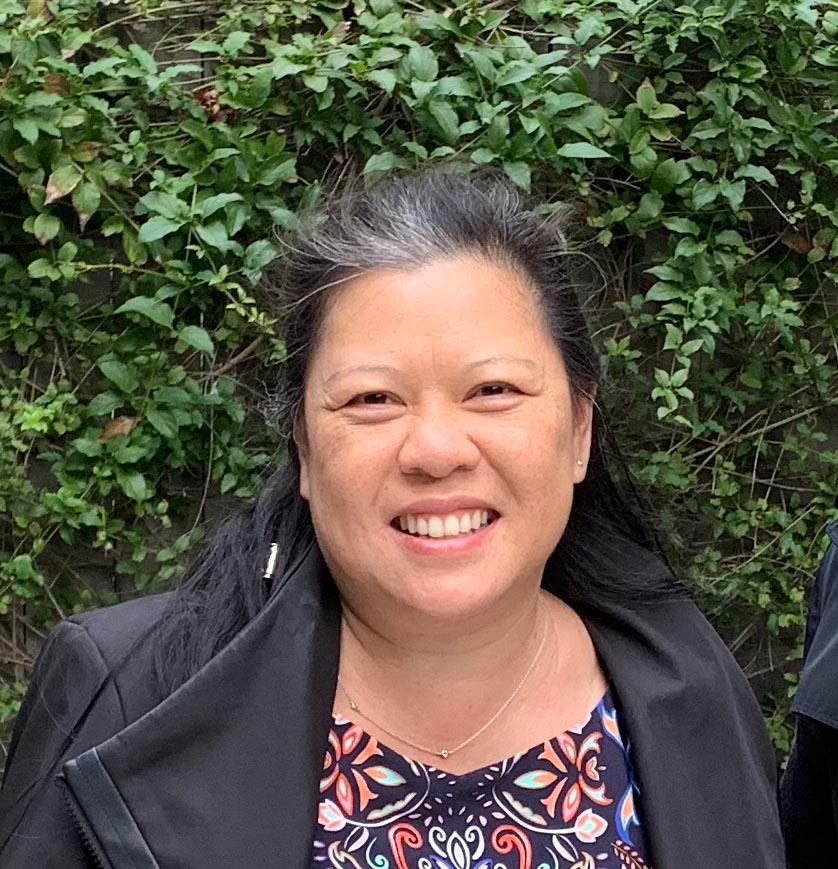
Eva Seto is an administrative contact for (SC)² and Associate Director of Social Science Matrix. She is an Economist by training with her M.A. and B.A degrees from UC Berkeley. Her academic training and her many years of experience working at various social science research institutions at Berkeley make her a valuable resource in bridging the gap between research and administration.
Aaryaman “Sunny” Singhal, Research Collaborator
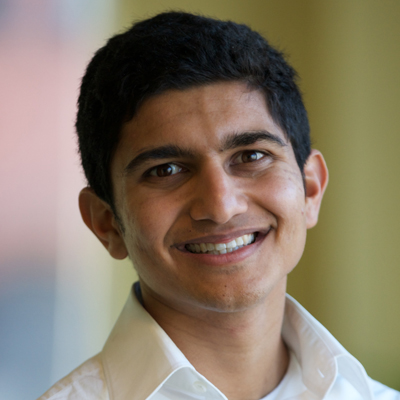
Aaryaman “Sunny” Singhal [@SinghalAaryaman] is a Masters student studying Environmental Science and Public Policy at the University of California, Berkeley. He enjoys working on big challenges — right now his focus is on U.S. water security in the face of climate change and population growth. In particular, he is interested in policy changes to support the evolution to a new water paradigm. Most recently before coming to Berkeley, Sunny worked as an organizer in the youth climate justice movement. In his spare time, you’ll find him running, hiking, and playing board games.
Karthik Akkiraju, Research Collaborator
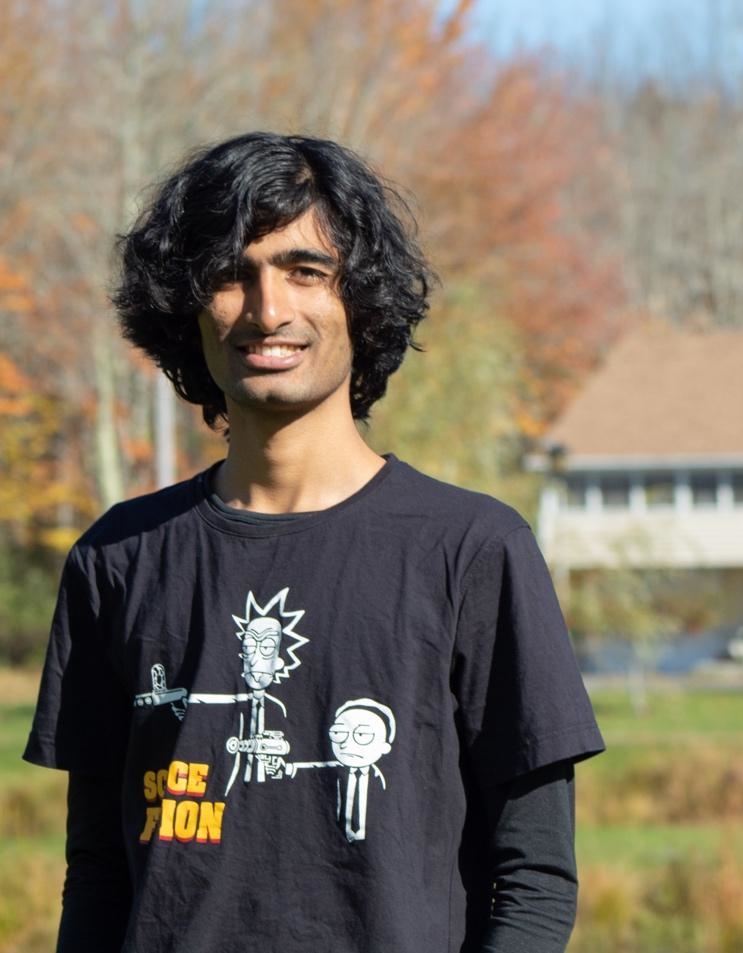
Karthik Akkiraju is a Postdoctoral Associate at the Yale School of the Environment. He is a materials scientist and engineer, specializing in environmental and energy-related topics ranging from synthetic chemistry to energy justice using both experimental and computational methods. His research has been published in Nature Catalysis, Nature Materials, and Accounts of Chemical Research, among others.
Hero Ashman, Graduate Collaborator
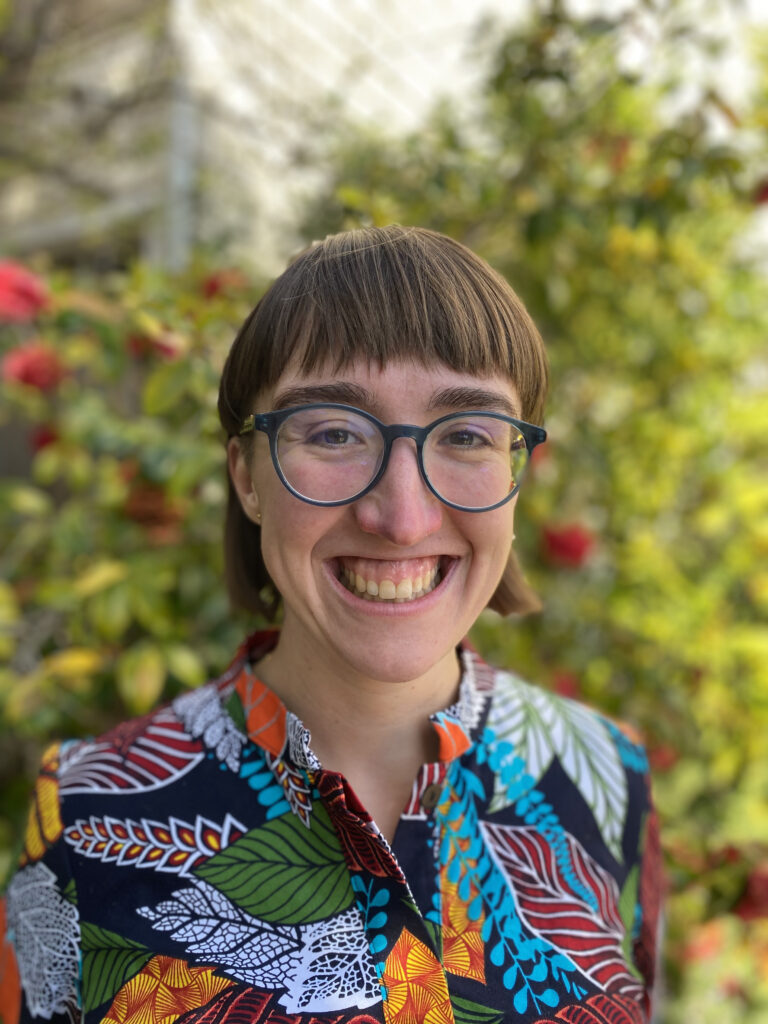
Hero Ashman is a PhD student in Sociology at UC Berkeley. She is primarily interested in how people care for themselves and their families under capitalist relations of social reproduction and eco-apartheid. Her current work asks how hierarchies of gender, race, and class in the United States are reflected in people’s reliance on different sources of income. Her dissertation will focus on documenting and understanding economic abuse in the U.S. and the U.K. Before attending graduate school, she worked as a research assistant at UC Berkeley and the University of Pennsylvania, and interned at the Institute for Women’s Policy Research in D.C.
Margaret Badding, Research Collaborator
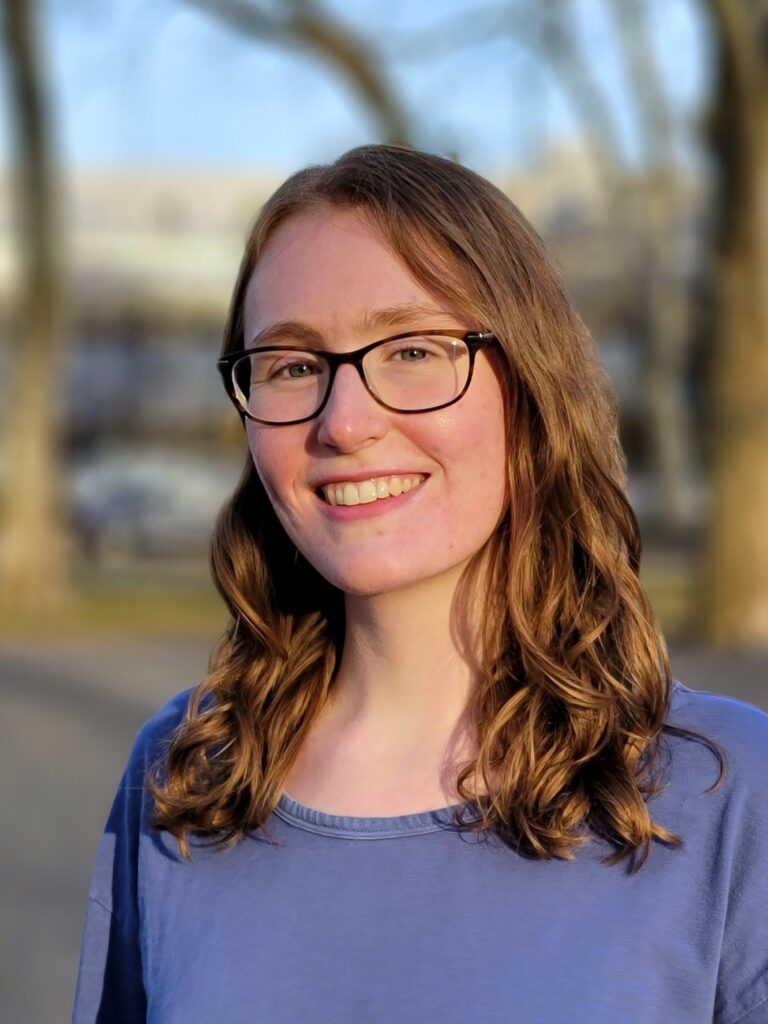
Margaret Badding is currently a Research Associate at the Environmental Law Institute. As a Research Associate, Margaret is assisting with research on the effectiveness of California Tribal consultation laws, AB 52 and SB 18, in promoting Tribal sovereignty. She also works on ELI’s Food Waste Initiative which conducts research to prevent food waste and recycle remaining food scraps. Before joining ELI, as an undergraduate at the University of Pennsylvania, Margaret assisted Daniel Cohen with research on the politics surrounding renewable energy and transmission construction in New York state as well as analyzed GHG inventory reports and climate change policies of major global cities. Margaret graduated from the University of Pennsylvania in 2021, double majoring in Philosophy Politics & Economics (PPE) and Psychology, and minoring in Environmental Studies.
Gianpaolo Baiocchi, Faculty Collaborator
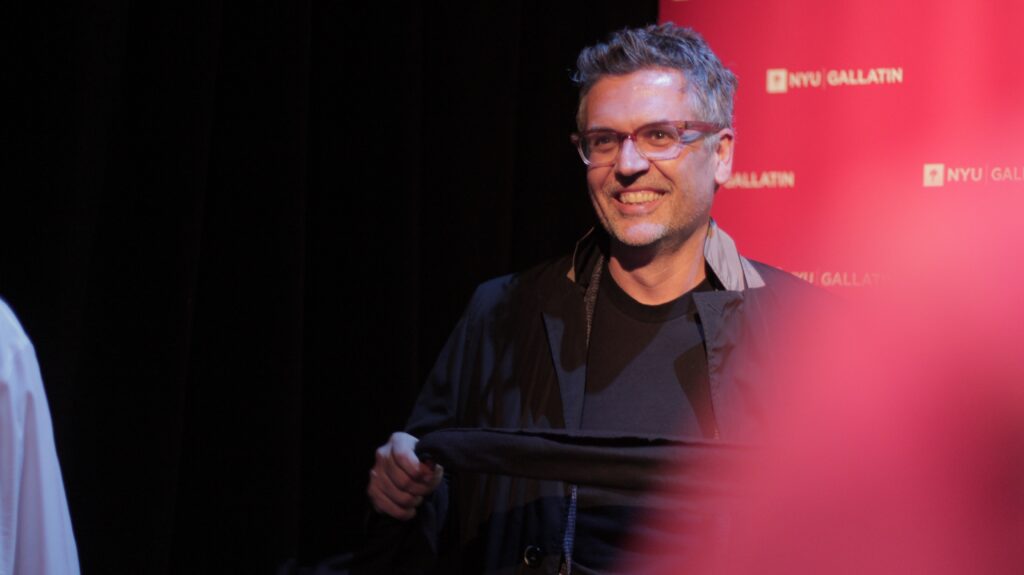
Gianpaolo Baiocchi [@gpbaiocchi, @urbandemos] is a Brazilian-born activist and scholar based in New York City, where he directs NYU’s Urban Democracy Lab and is a Professor of Individualized Studies and Sociology. One of the founders of the Participatory Budgeting Project, he has also worked on immigrant rights and anti-militarism campaigns in the US, as well as various efforts to defend democracy in his native Brazil. Recently he has worked with housing justice organizations on people-driven alternatives to private housing provision. With Jake Carlson he is author of the “Social Housing Development Authority,” a proposal to convert distressed real estate into permanently decommodified housing. A sociologist by training, Gianpaolo’s most recent book is We,The Sovereign (Polity Press/ Radical Futures).
Patrick Bigger, Research Collaborator
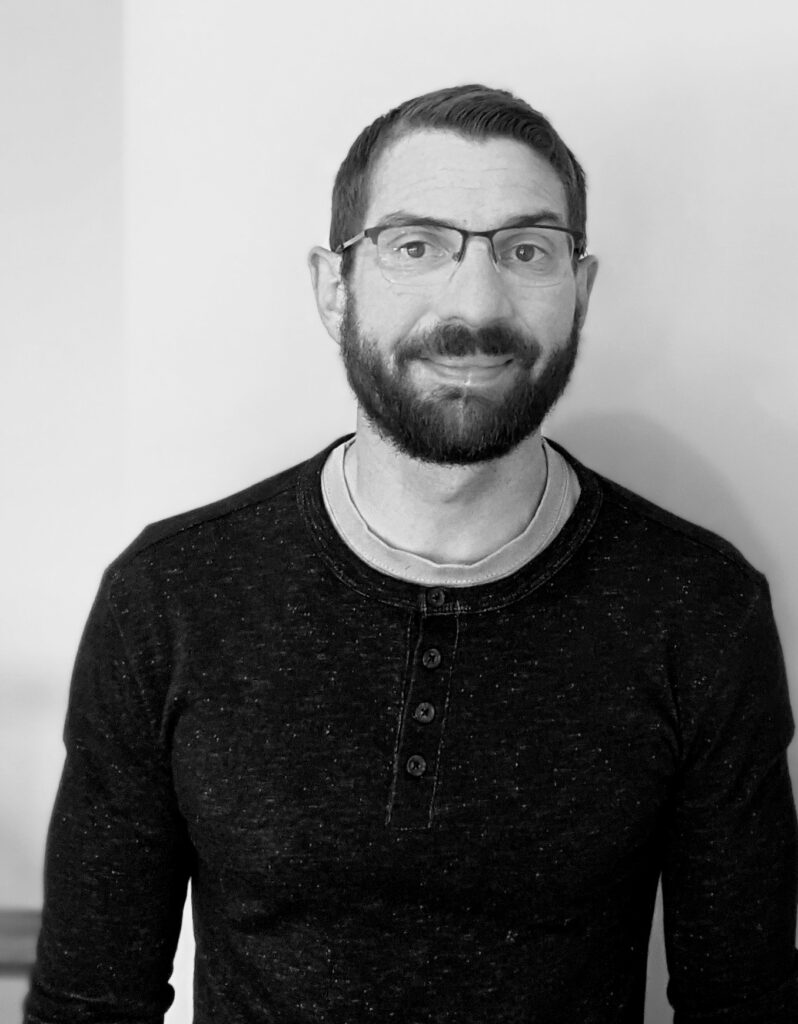
Patrick Bigger [@patrickmbigger] researches how capitalism tries to manage its socioecological contradictions by making nature investable or governable in new ways. He has written on carbon markets, green bonds, for-profit biodiversity conservation, and multilateral development bank programs to explain the operations of state/finance for decarbonization, climate adaptation, and landscape restoration. His secondary research program is on the geopolitical ecology of the US military, melding critical geopolitics with political ecology to explore how US military action operates on and through nature. Formerly based at Lancaster University in the UK, he is currently the Research Director at the Climate and Community Project.
J. Mijin Cha, Faculty Collaborator
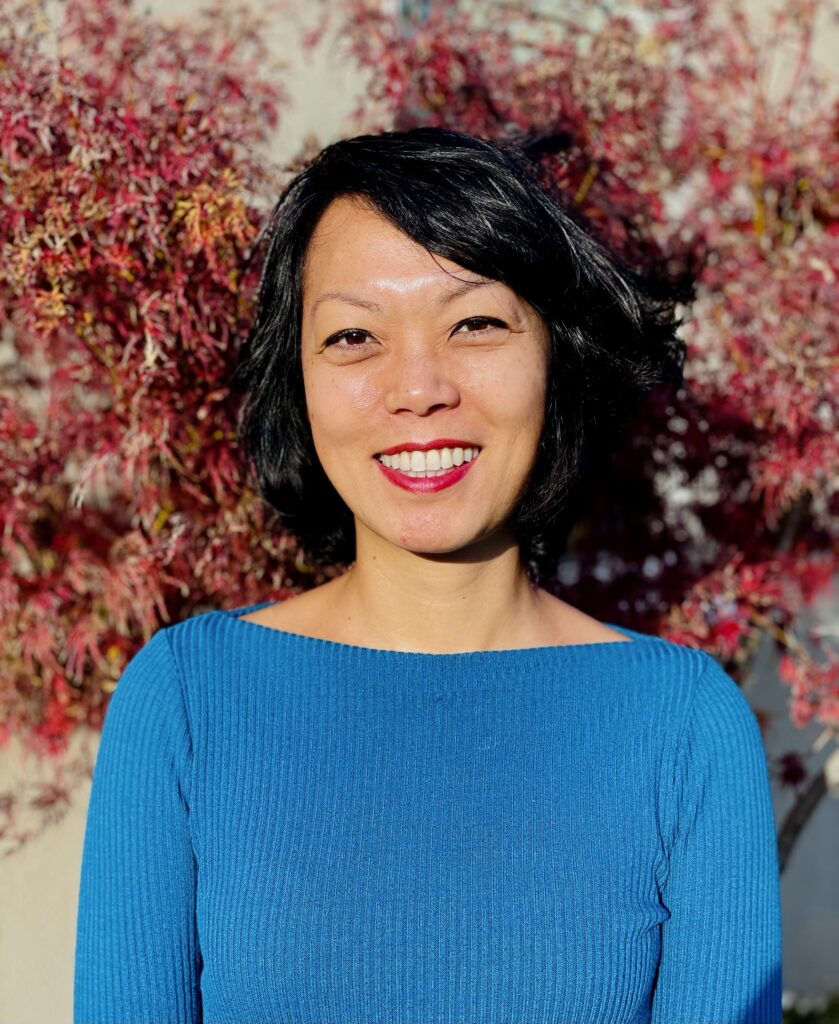
J. Mijin Cha [@jmijincha] is an assistant professor of urban and environmental policy at Occidental College and a fellow at Cornell University’s Worker Institute, where she works on the Labor Leading on Climate initiative. Dr. Cha’s work looks at the intersection of climate, labor, and inequality. Her recent research is on “just transition,” how to transition workers and communities equitably into a low-carbon future. Dr. Cha is on the board of the Center on Race, Poverty, and the Environment and a member of the California Bar.
Kate Altemus Cullen, Graduate Collaborator
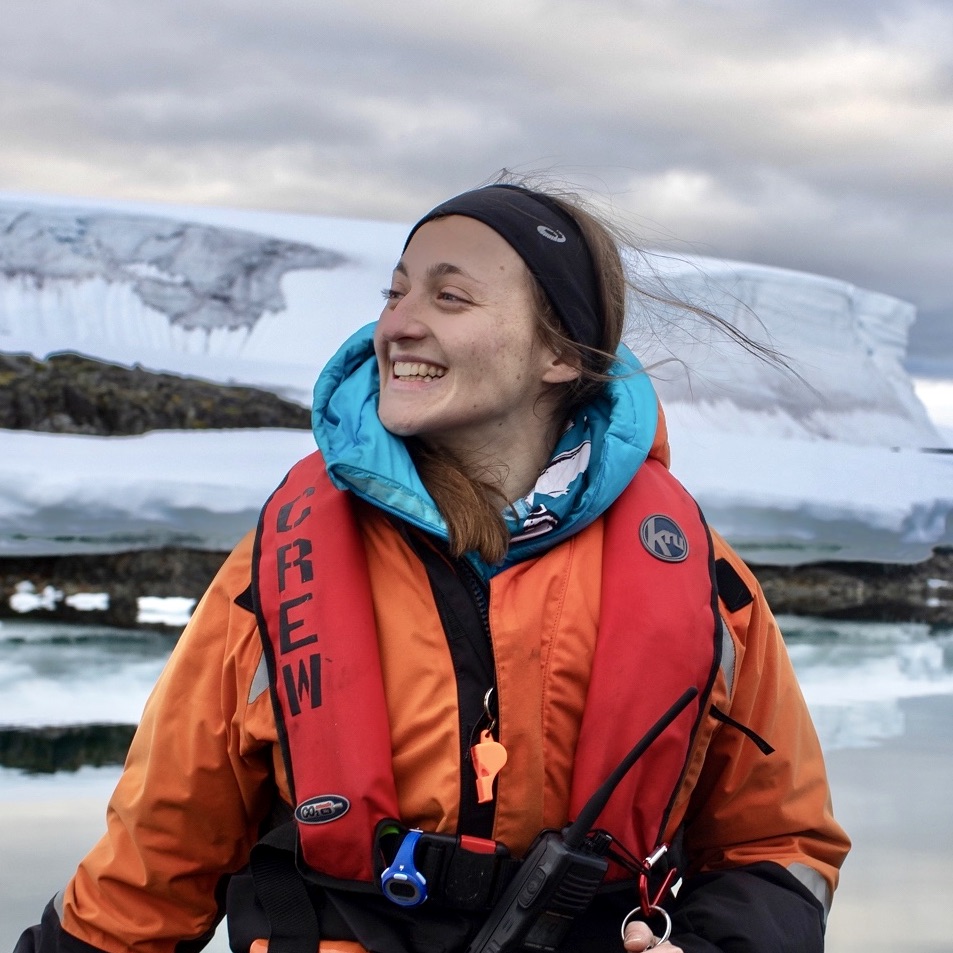
Kate Altemus Cullen [@katecullen_] is a PhD student in the Energy & Resources Group and NSF Innovations at the Nexus of Food, Energy and Water Systems Fellow. Her work examines the role of climate change in exacerbating water stress in the Andes mountains and community-driven and just adaptation solutions. Cullen currently leads a joint UC Berkeley and University of Oxford research group exploring the meaning of equity and justice in net zero pathways. Previously, Cullen served on the secretariat team for the UN Race to Zero and was a U.S. Fulbright Scholar in Chile. Kate holds an MSc in Water Science, Policy and Management from the University of Oxford and a BA in Earth & Environmental Sciences and History from Wesleyan University.
Salma Elmallah, Graduate Collaborator
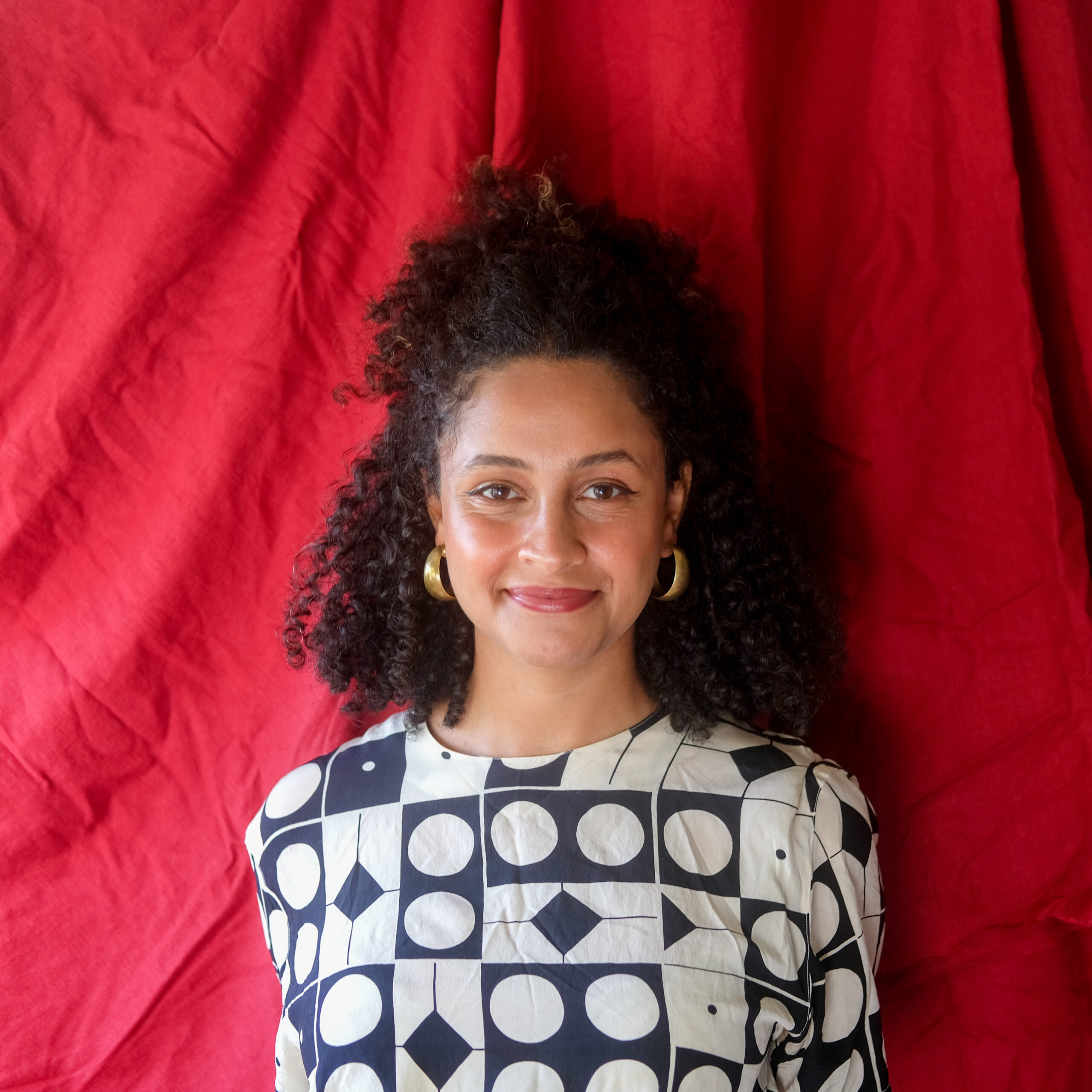
Salma Elmallah’s work focuses on how infrastructures and institutions shape and are shaped by low-carbon transitions and demands for climate justice. As a PhD candidate in the Energy and Resources Group, Salma’s dissertation focuses on residential electrification in Bay Area cities. She explores distributional equity in electrification transitions and asks how conceptions of equitable electrification differ among actors, and how policymakers and policy instruments respond to claims for equitable electrification. Salma has also studied siting processes for and public perceptions of large-scale wind and solar power. Throughout her graduate career, she has worked at the Lawrence Berkeley Lab, US Department of Energy, California Public Utilities Commission, and the UC Berkeley D-Lab. Salma has a BSc in Electrical Engineering from the University of Alberta.
Michael Esposito, Faculty Collaborator
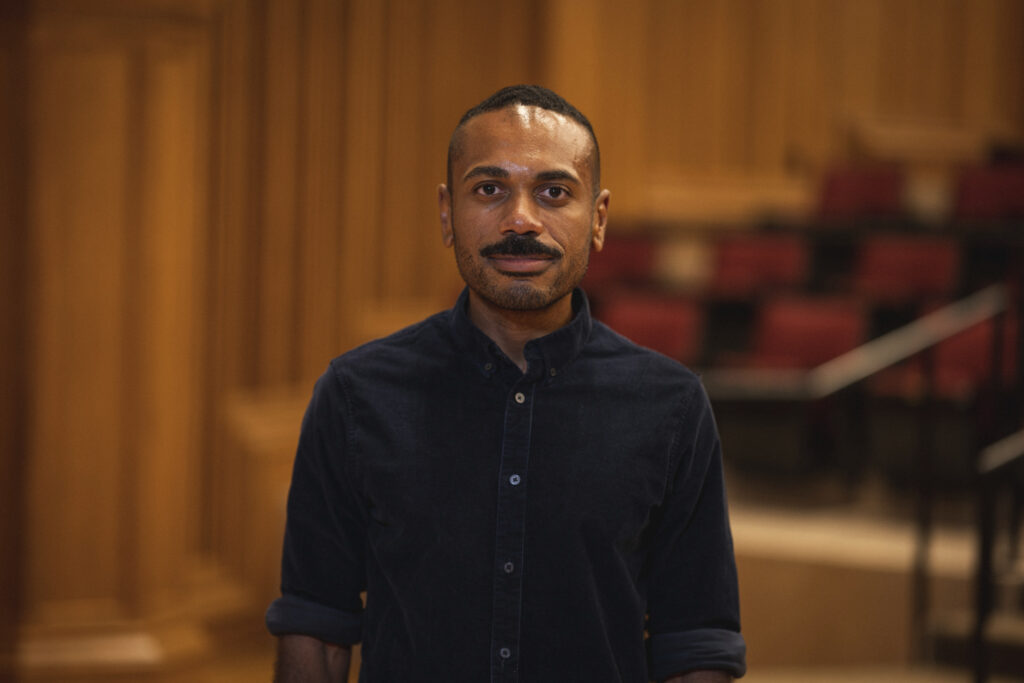
Michael Esposito [@mhEspo] investigates how broad, racialized social systems – and their constituent institutions – are configured in ways that layer privileges on white populations and hazards on BIPOC populations. His research ultimately seeks to understand how these privileges and harms arrive on population health. This includes studies that examine how the actions of race-cognizant institutions (e.g., law enforcement agencies) contribute to health disparities; research that considers how systems overlap to gate access to generative health contexts; and projects which demonstrate how structural racism distorts social processes that are foundational to well-being (e.g., the association among education and health). Dr. Esposito uses contemporary statistical methods across his work. Esposito’s research has appeared in Proceedings of the National Academy of Sciences; American Journal of Sociology; American Journal of Public Health and more.
Billy Fleming, Faculty Collaborator
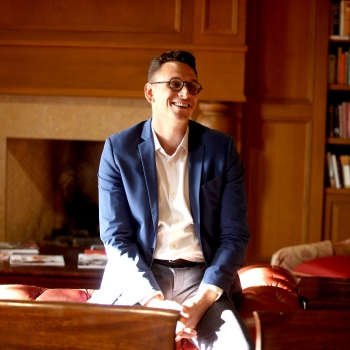
Billy Fleming [@JooBilly] is the Wilks Family Director of the Ian L. McHarg Center in the Weitzman School of Design, a senior fellow with Data for Progress, and co-director of the “climate + community project” along with Daniel Aldana Cohen. His fellowship with Data for Progress has focused on the built environment impacts of climate change, and resulted most prominently in the publication of low-carbon public housing policy briefs tied to the “Green New Deal for Public Housing Act” introduced in 2019. Billy is also the lead author of the recently published and widely acclaimed “The 2100 Project: An Atlas for the Green New Deal.” Prior to joining Penn, he worked as a landscape architect, city planner, organizer, and, later, in the Obama Administration’s White House Domestic Policy Council.
Steven Herrera Tenorio, Graduate Collaborator
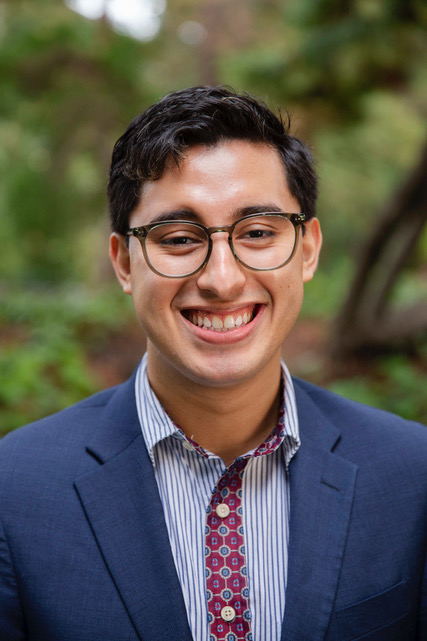
Steven Herrera Tenorio [@SHerreraTenorio] is a Sociology and Demography Ph.D. student at UC-Berkeley. He is broadly interested in theory, migration, race/racism, and quantitative methods. His current research explores the nexus of assimilation, acculturation, and integration theories (from the migration literature) to understand racism and racial stratification at the neighborhood level. Steven received his B.S. in Statistical Science from Duke University. In his free time, he enjoys playing tennis, FaceTiming his dogs in NC, and exploring new restaurants in Berkeley and Oakland.
Emma Glasser, Undergraduate Collaborator
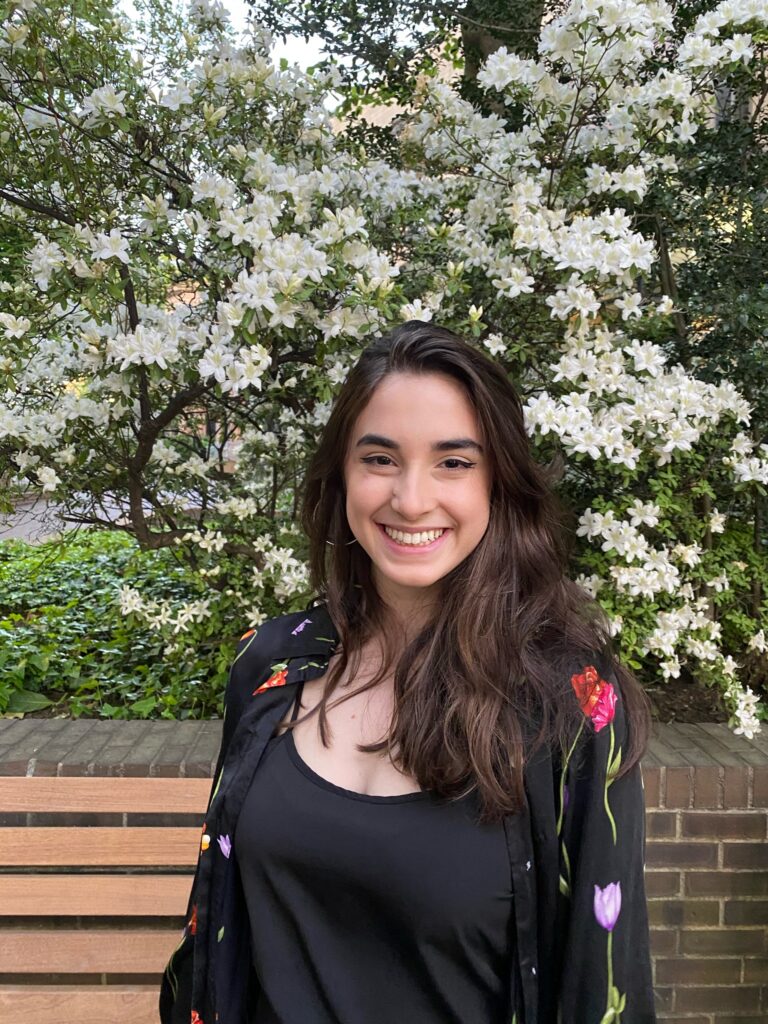
Emma Glasser is an undergraduate at UPenn studying Materials Science and Engineering and Environmental Science. She has worked at APPRISE, Resources for the Future, the Delaware Valley Regional Planning Commission, and the Socio-Spatial Climate Collaborative. This work has included research on energy affordability, decarbonization technologies and policies, the Green New Deal, and Eco-Apartheid. Emma organizes with the abolitionist assembly Police Free Penn, the climate justice group Fossil Free Penn, and the resistance against Line 3.
Nick Graetz, Postdoctoral Collaborator
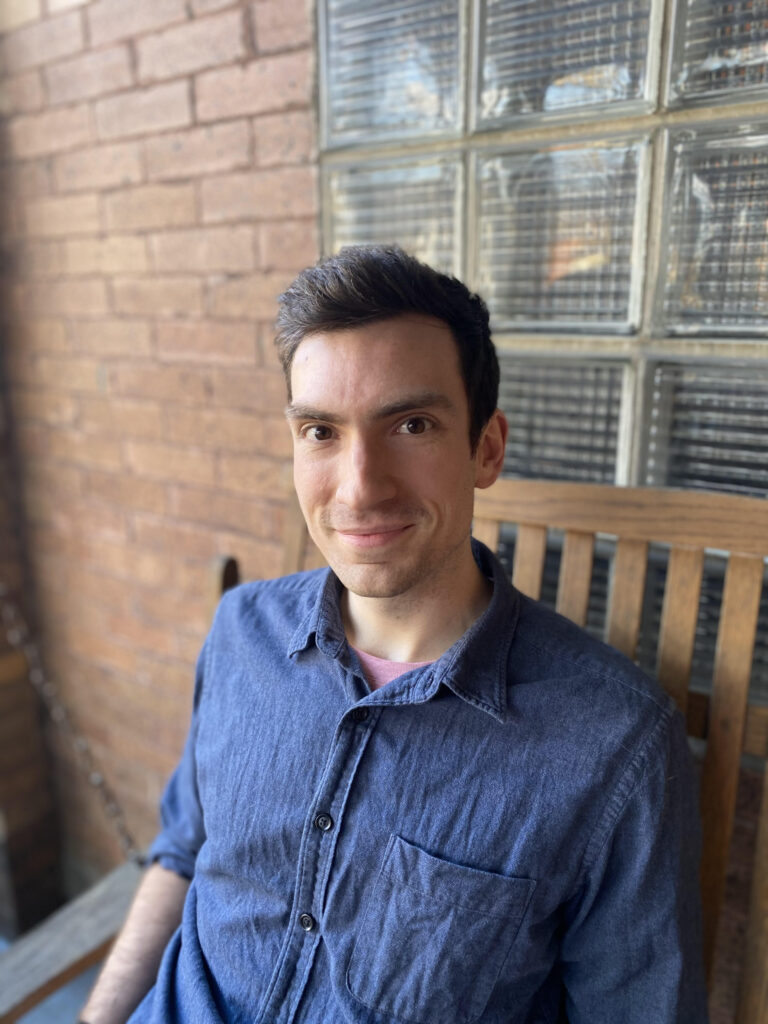
Nick Graetz [@NickGraetz] is a demographer/sociologist studying the political economy of housing and population health. His dissertation focuses on the role of place in producing racialized inequality across the life-course, including the long-run consequences of racist housing policies on outcomes related to household wealth and population health. At Princeton’s Eviction Lab, Graetz is working on several projects related to the rental housing market, displacement, social programs, and health outcomes. His work in these areas is published or forthcoming in the Journal of Health and Social Behavior, Nature, Spatial Demography, Sociological Methodology, the Russell Sage Foundation Journal of the Social Sciences, the New England Journal of Medicine, and elsewhere.
Cora Kingdon, Graduate Collaborator
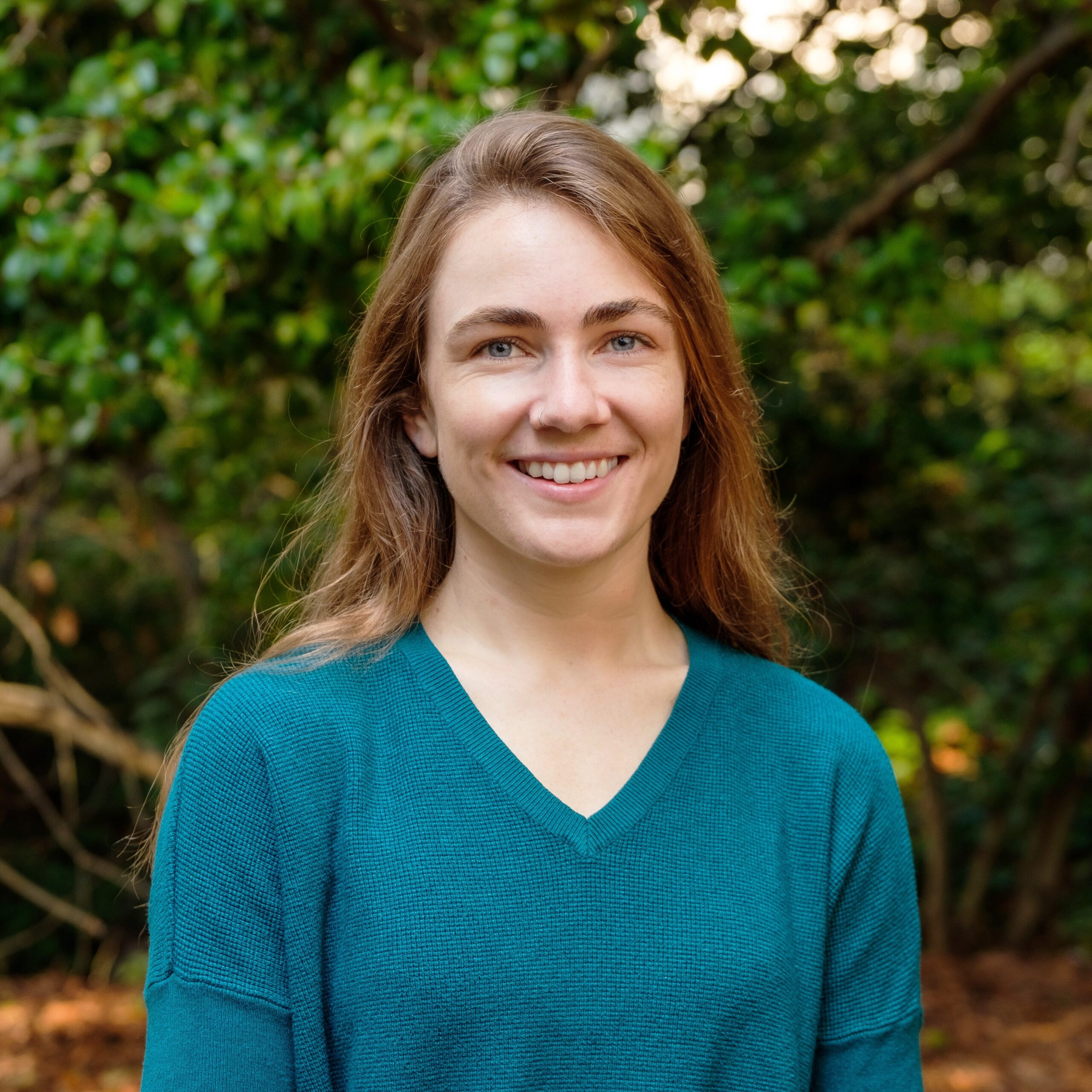
Cora Kingdon is a PhD student in the Energy and Resources Group (ERG) at UC Berkeley. Cora is interested in studying the distributional impacts of decision making under deep uncertainty in the context of urban adaptation to climate change. She is also interested in how nature-based climate solutions can be equitably incorporated into city planning for both mitigation and adaptation. Prior to ERG, Cora worked on integrated assessment modeling as part of the Social Cost of Carbon Initiative at Resources for the Future in Washington DC. She holds a BS in Environmental Economics from UC Berkeley.
Samantha Love, Graduate Collaborator
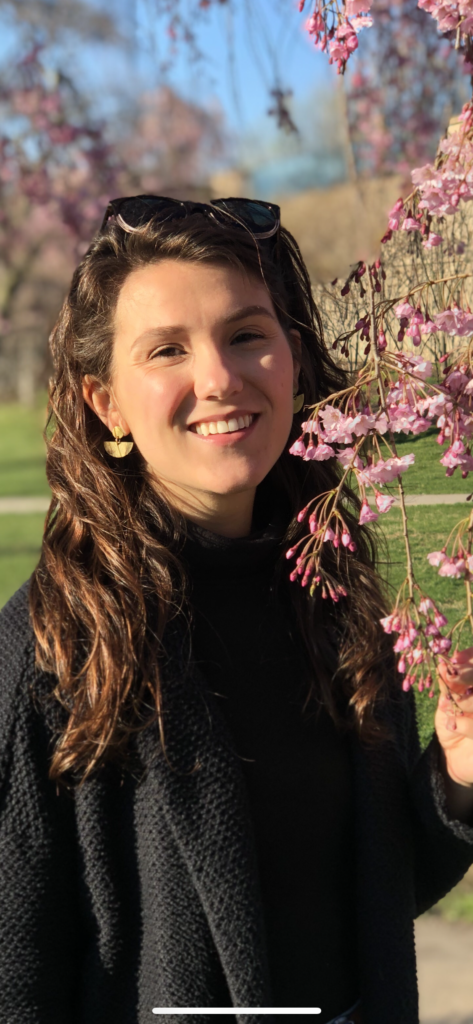
Samantha Love (she/her/hers) is a Ph.D. student in Sociology at the University of Pennsylvania Her research examines the political economy of cities through energy and fossil fuel infrastructures, especially in Houston, Texas.
Michael McCarthy, Faculty Collaborator
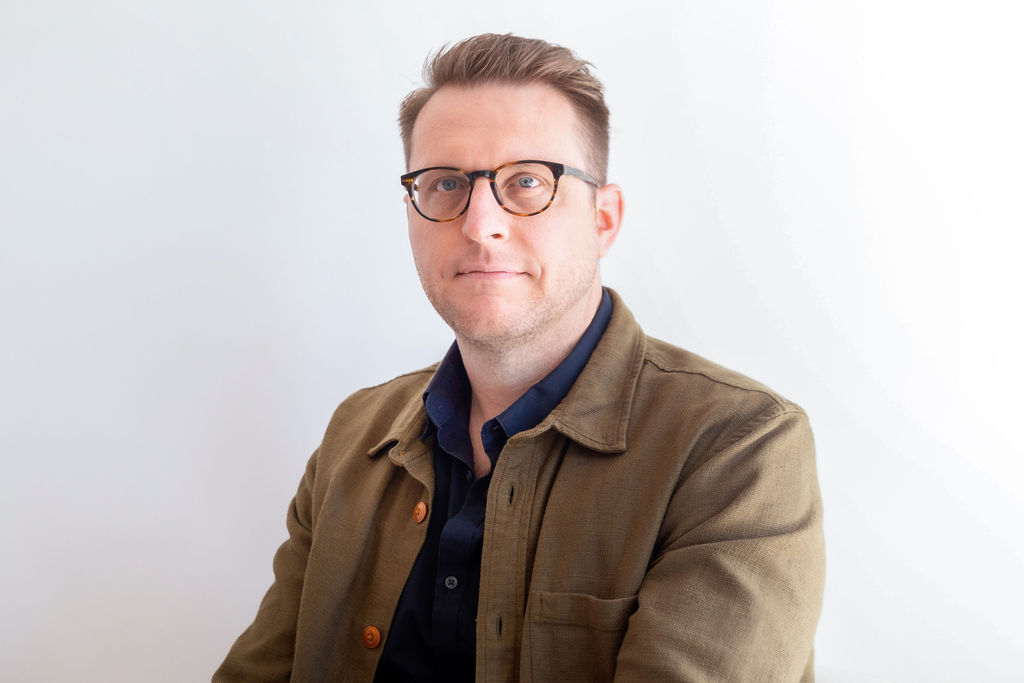
Michael McCarthy [@its_mccarthy]is a sociologist and activist focusing on projects for economic democracy within the world of finance. Why does global finance worsen social inequality, increase macroeconomic instability and hasten the degradation of the climate? And how might democratic processes be created for investing for the social and environmental good? McCarthy works to solve these intertwined dilemmas through a combination of social research and policy design. To rebuild systems of allocation of investment and debt, he argues that we need to create institutions that enhance democracy. Including many articles and popular essays, he is the author of Dismantling Solidarity: Capitalist Politics and American Pensions since the New Deal and a forthcoming book on democratizing finance.
Meg Mills-Novoa, Faculty Collaborator
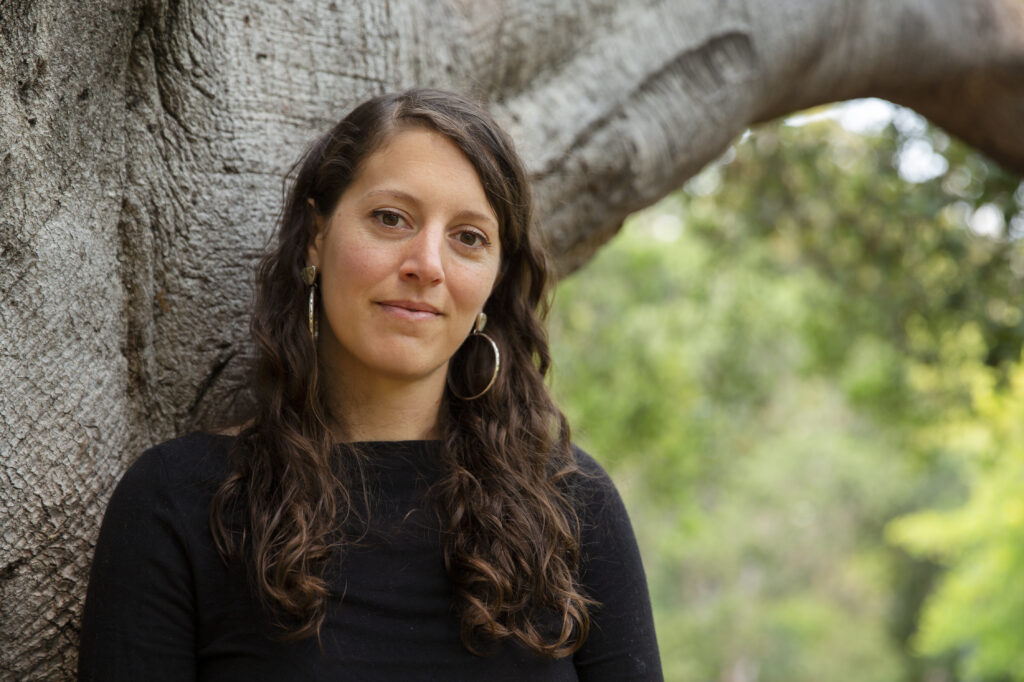
Meg Mills-Novoa [@MillsNovoa] is the director of the Climate Futures Lab and an assistant professor with a joint appointment to the Department of Environmental Sciences, Policy, and Management and the Energy and Resources Group. She studies the distributive, procedural, and recognitional justice of diverse climate change solutions with a regional focus on the Americas. Her research and writing have been published in World Development, Terrain.org, Annals of the American Association of Geographers, WIREs Climate Change, Water Alternatives, Geoforum, and elsewhere.
Priyanka Mohanty, Graduate Collaborator
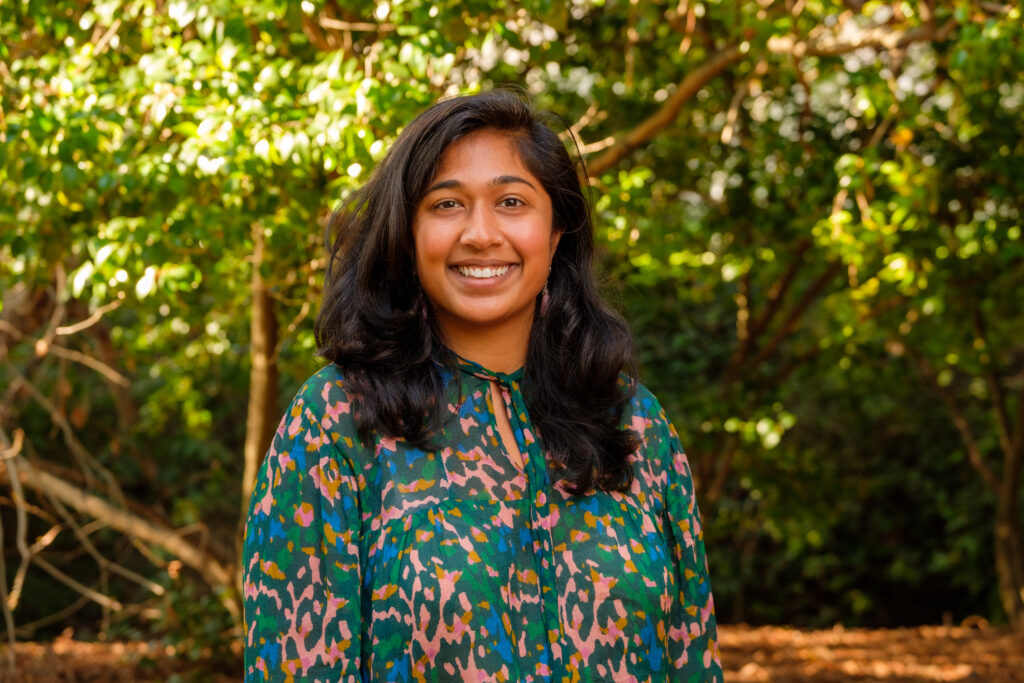
Priyanka Mohanty is a second-year Masters of Science Student with the Energy and Resources Group (ERG). At ERG, she works on a variety of issues including the identification and quantification of the economic benefits of just transition policies. While at ERG, she works at the Socio-Spatial Climate Collaborative on issues of joint mitigation and adaptation frameworks as well as Lawrence Berkeley National Lab’s International Energy Division on country-level emissions reduction strategies across power, transport, and industry. During her time at ERG, she has also worked with the Governor’s Office of Planning and Research where she has developed a specialization in the technologies and policies required to decarbonize the transport sector. Prior to ERG, she worked with the New Climate Economy Project, an international initiative housed within the World Resource Institute.
Anna Palmer, Graduate Collaborator
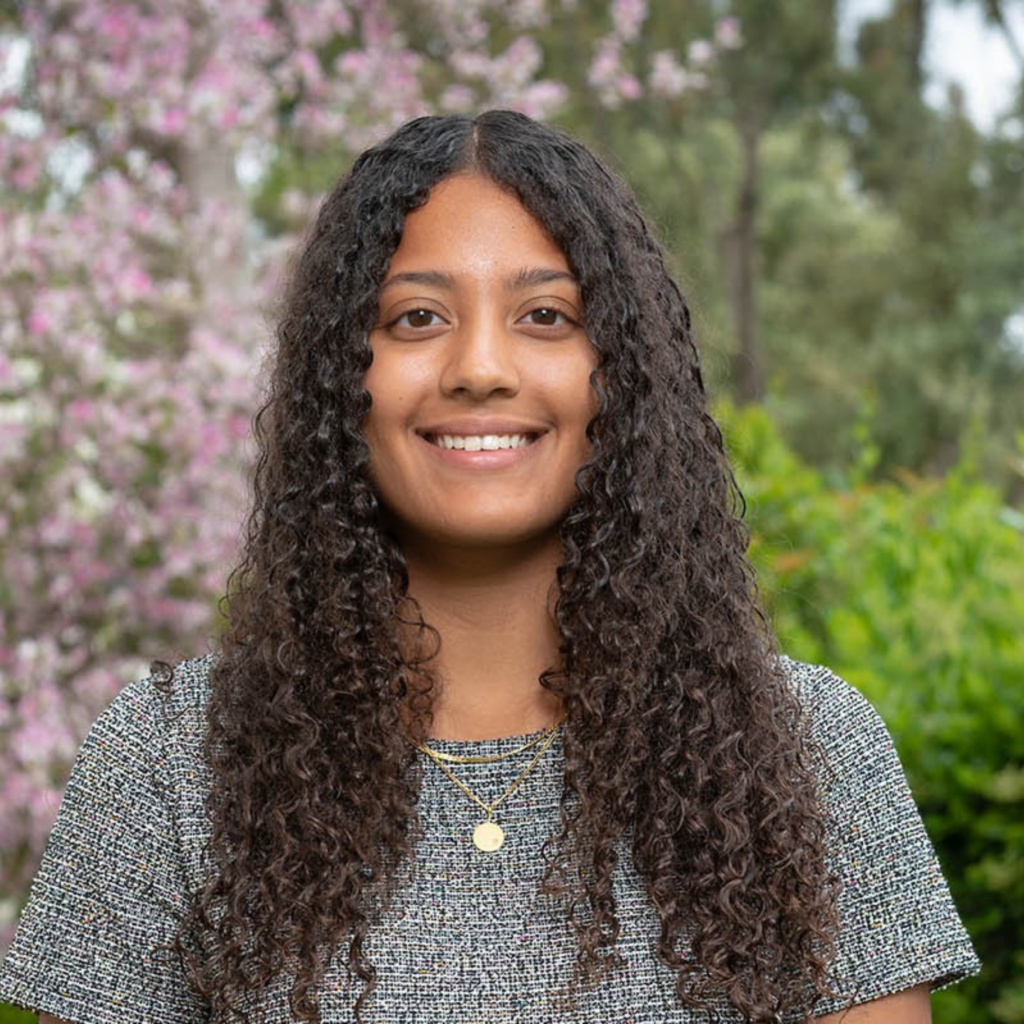
Anna Palmer [@anna__palmer] is an incoming Ph.D. student in Sociology at UC Berkeley. Her research and writing focus on the intersection of the climate crisis and migration through a qualitative and spatial lens. At the Othering and Belonging Institute at UC Berkeley and Climate Refugees, she crafts timely articles and case studies on climate-induced migration and justice-oriented climate finance. Her case studies on Tuvalu, Ethiopia, Haiti, and The Northern Triangle (Guatemala, Honduras, and El Salvador) are published in the Othering and Belonging Institute report Climate Refugees: The Climate Crisis and Rights Denied. She holds a BA degree in sociology from Occidental College.
Nicholas Pevzner, Faculty Collaborator
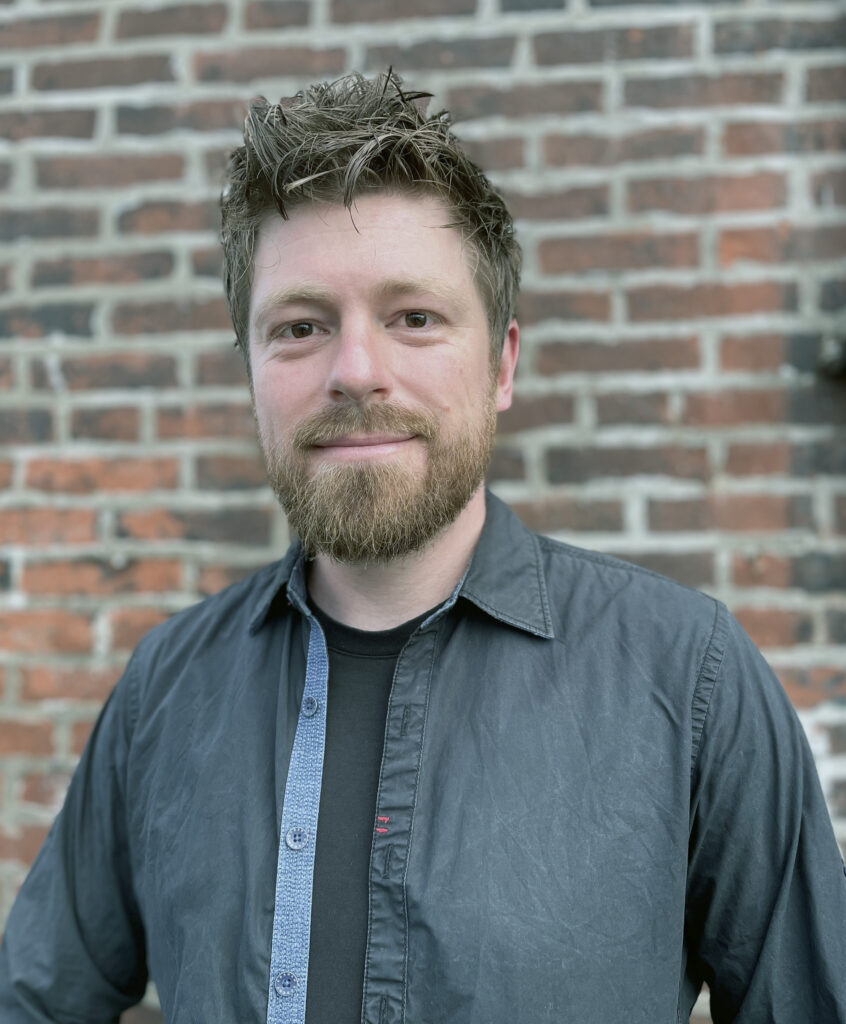
Nicholas Pevzner is an assistant professor in landscape architecture at the University of Pennsylvania Weitzman School of Design, and a Faculty Fellow at the Kleinman Center for Energy Policy at Penn. Nick’s research focuses on energy landscapes, urban ecology, and climate policy. He studies the role of design in infrastructure planning for the clean energy transition, and the impact of energy systems on culturally contested landscapes, approaching these questions through a socio-ecological lens. His work investigates the impacts of climate policy on physical built environment, on cultural attitudes, and on its implications for spatial justice, while seeking opportunities for design to accelerate decarbonization across sectors.
Miguel Poblete Cazanave, Postdoctoral Collaborator

Miguel Poblete-Cazenave is a Postdoctoral Associate at the Yale School of the Environment and a Research Scholar at the International Institute for Applied Systems Analysis (IIASA). He is an economist and industrial engineer, specializing on economic modeling, econometrics, and machine learning methods applied on topics related to economic development and inequality, and energy and environmental economics. His research has been published in Nature Energy, Energy Economics, and Environmental Research Letters, among others.
Seth J. Prins, Faculty Collaborator
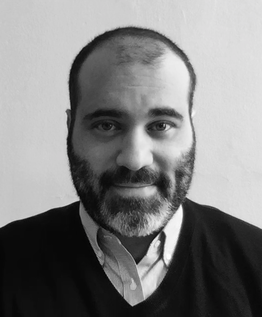
Seth J. Prins [@s_j_prins] is Assistant Professor of Epidemiology and Sociomedical Sciences at Columbia University. His two programs of research concern the collateral consequences of mass criminalization and mass incarceration for public health, and how the division and structure of labor influence mental illness and substance use. He is the principal investigator on a National Institute on Drug Abuse grant to study the role of the collateral consequences of the school-to-prison pipeline on adolescent health and development. His research integrates advanced epidemiologic methods with contemporary social theory to operationalize criminalization, incarceration, and social class as dynamic relational processes.
Narasimha Rao, Faculty Collaborator
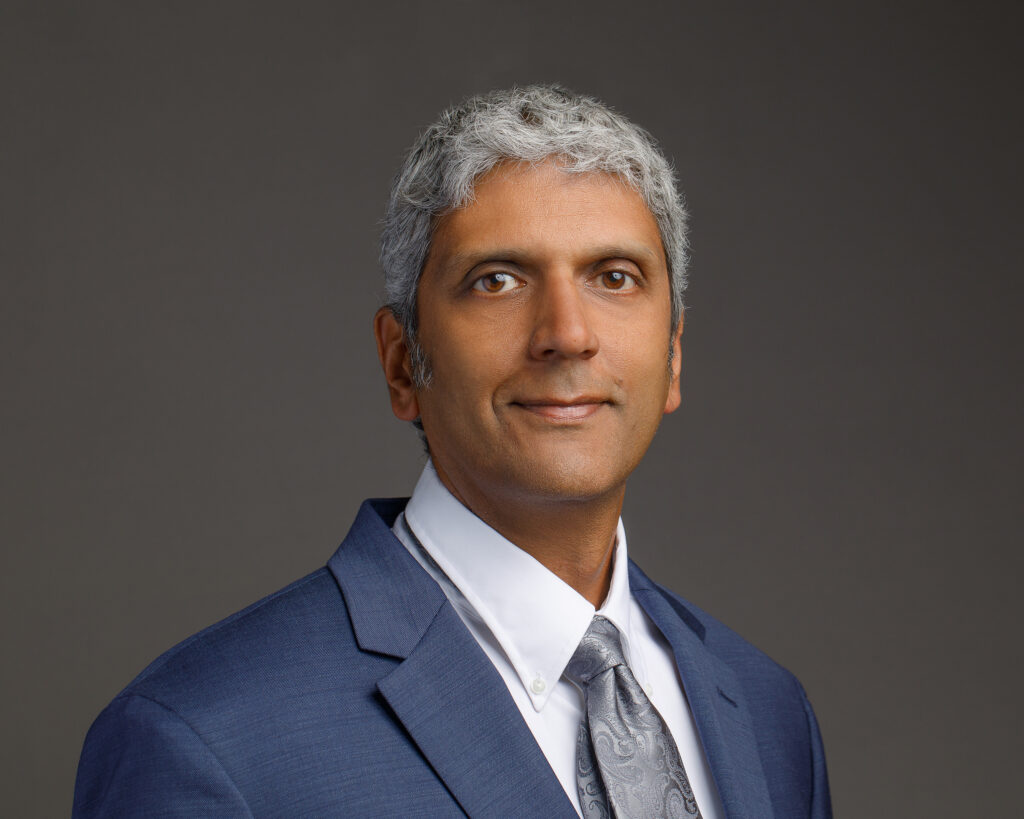
Dr. Narasimha D. Rao [@narasimhadrao] is an Associate Professor of Energy Systems at the Yale School of the Environment. He also serves as a Senior Research Scholar at the International Institute for Applied Systems Analysis. Dr. Rao’s research examines energy systems, climate change and inequality. He is particularly interested in equity in energy transitions. He is a contributing author to the IPCC’s Sixth Assessment Report. He was a recipient of the European Research Council (ERC) Starting Grant for a project entitled Decent Living Energy – which examines the energy and climate impacts of poverty eradication in emerging economies. He received his PhD from Stanford University in Environment and Resources, and Masters degrees from the Massachusetts Institute of Technology in Technology Policy and Electrical Engineering.
Thea Riafrancos, Faculty Collaborator
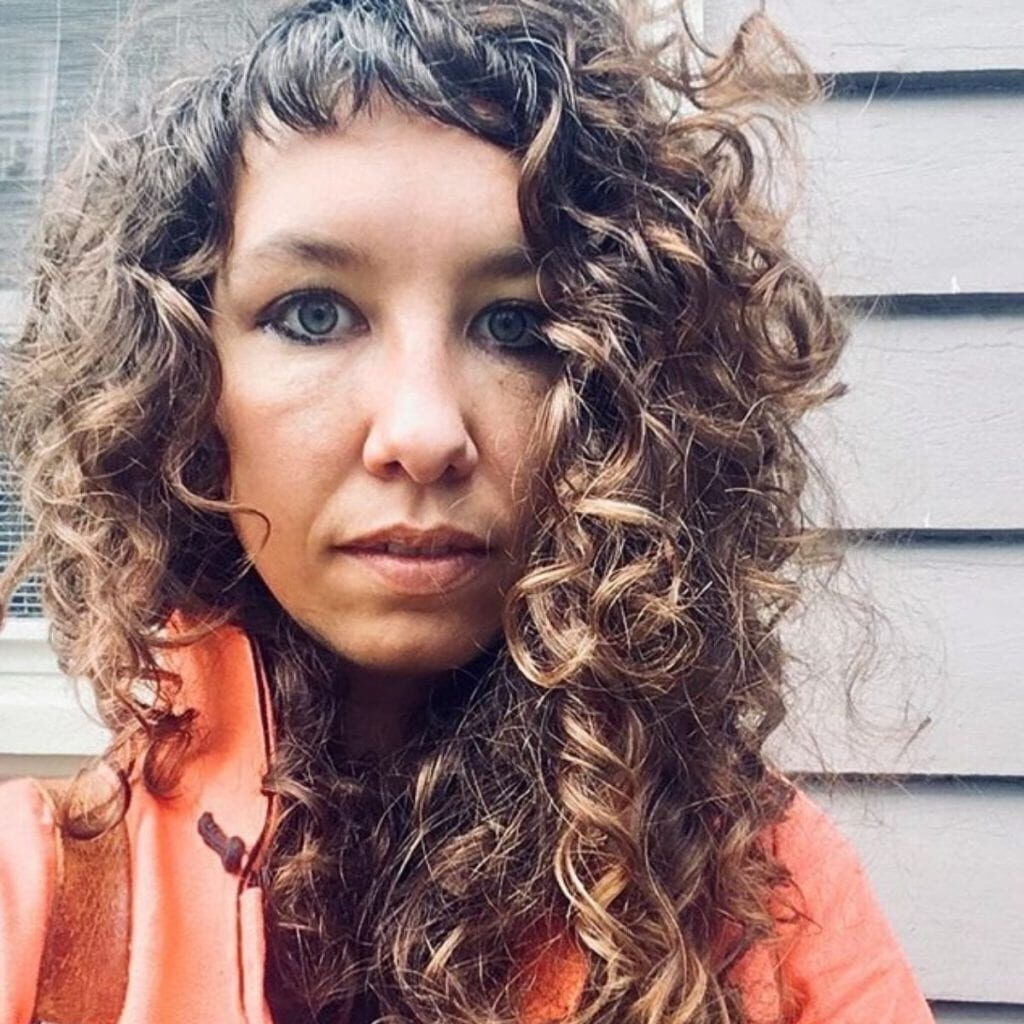
Thea Riofrancos [@triofrancos] is an Andrew Carnegie Fellow (2020-2022) and an Associate Professor of Political Science at Providence College. She researches resource extraction, renewable energy, climate change, green technology, social movements, and the left in Latin America. She is the author of Resource Radicals: From Petro-Nationalism to Post-Extractivism in Ecuador (Duke University Press, 2020), co-author of A Planet to Win: Why We Need a Green New Deal (Verso Books, 2019), and currently writing Extraction: The Frontiers of Green Capitalism for W.W. Norton. Her writing has appeared in The New York Times, The Washington Post, Foreign Policy, and The Guardian, among others.
Akira Drake Rodriguez, Faculty Collaborator
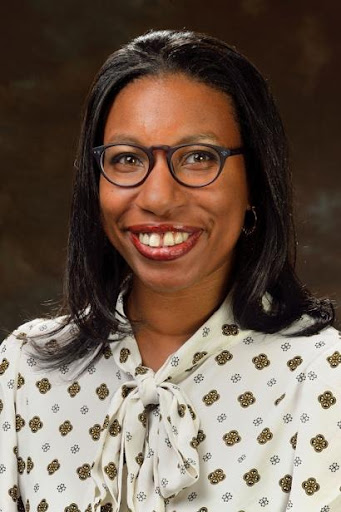
Akira Drake Rodriguez [@akiradrake] is an Assistant Professor at the University of Pennsylvania’s Weitzman School of Design. Her research examines the ways that disenfranchised groups re-appropriate their marginalized spaces in the city to gain access to and sustain urban political power. She is the author of Diverging Space for Deviants: The Politics of Atlanta’s Public Housing, which explores how the politics of public housing planning and race in Atlanta created a politics of resistance within its public housing developments. Dr. Rodriguez was recently awarded a Spencer Foundation grant to study how educational advocates mobilize around school facility planning processes.
Raka Sen, Graduate Collaborator

Raka Sen [@rakasennn] is a doctoral candidate in the sociology program at Penn interested in the nexus of environmental, labor, and migration sociology. Her dissertation work focuses how climate change adaptation and the changing border politics in the Indian and Bangladeshi Sundarbans is reshaping the region as a whole. A Colorado native, she holds a B.A. in Sociology, Urban Design & Architecture Studies from New York University.
Kevin Ummel, Research Collaborator
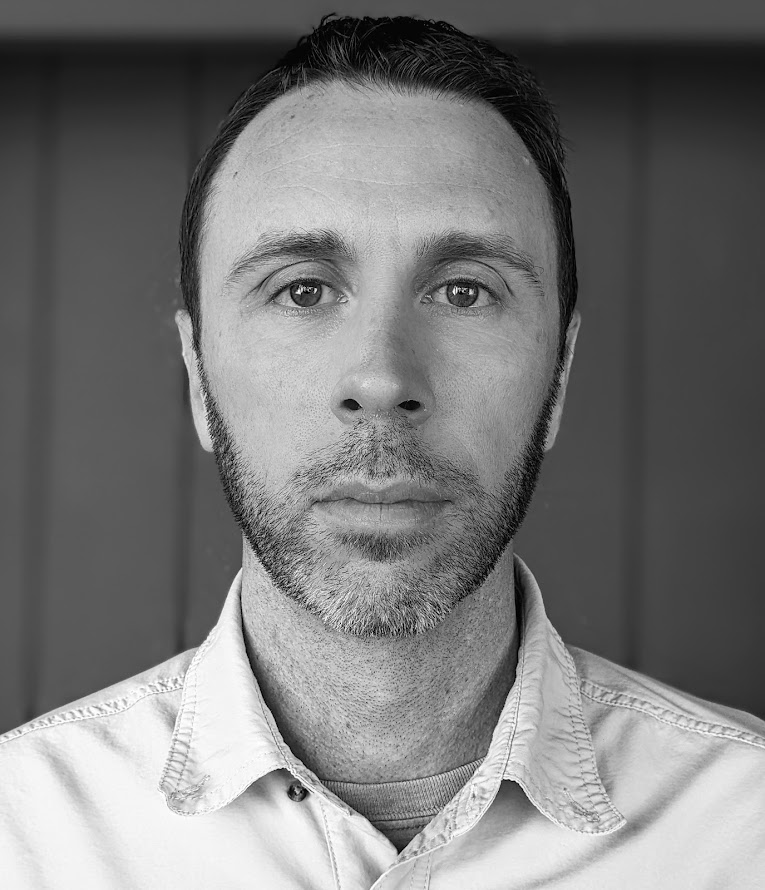
Kevin Ummel is a data scientist and environmental economist who consults with academics, NGO’s, and government agencies through his company, Greenspace Analytics. His areas of expertise include spatial microsimulation, predictive modeling, geospatial analysis, and large-scale data munging. Kevin has been part of the Socio-Spatial Climate Collaborative since 2016, working on household carbon footprinting and social survey fusion. He was previously a Research Scholar at the International Institute for Applied Systems Analysis (IIASA) in Austria and a Senior Associate at the Center for Global Development in Washington DC.
